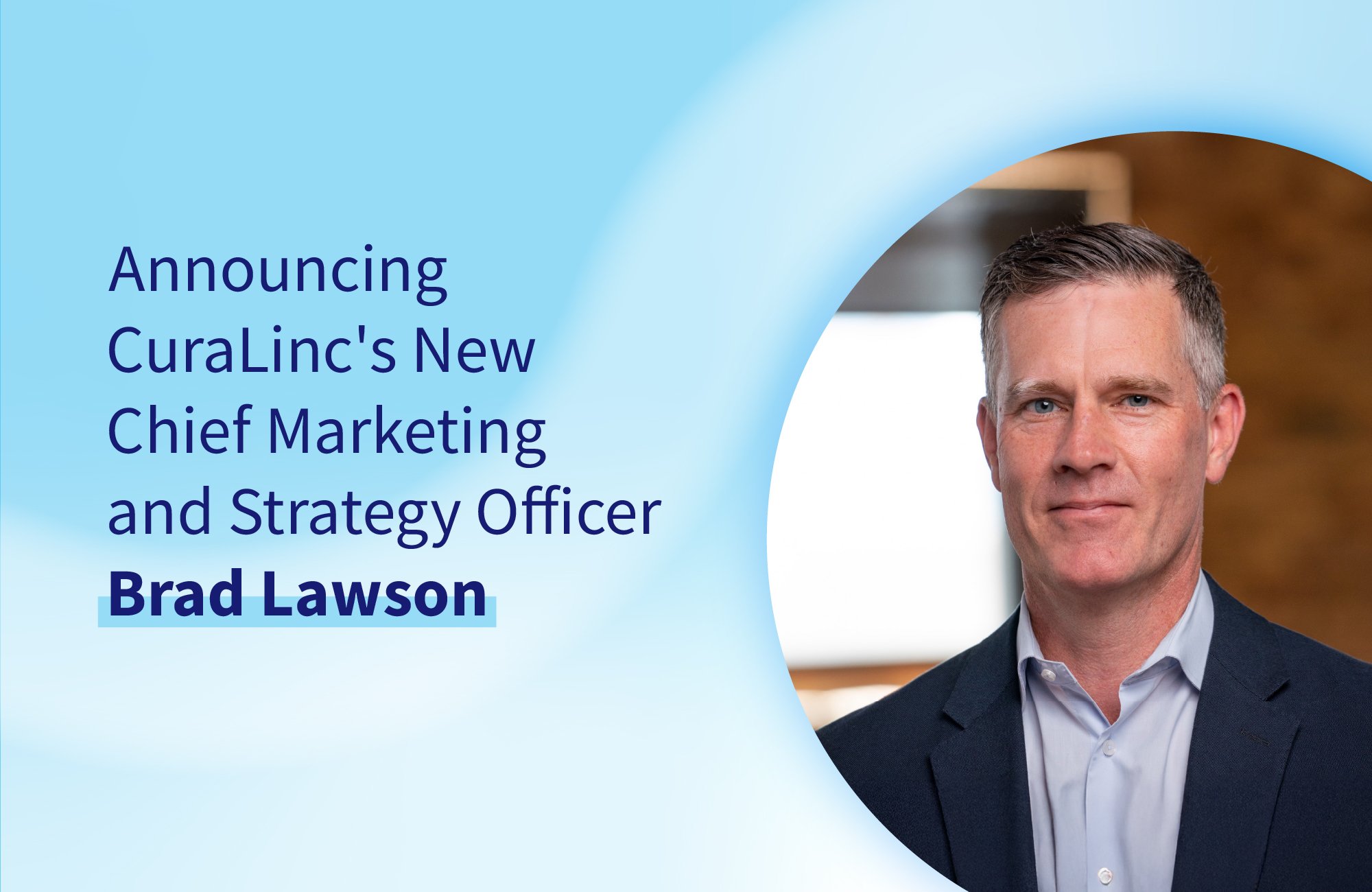Sandra is a 39-year old single working mother with two children, ages 14 and 11. Following her recent divorce, she attended classes to become a Certified Nursing Assistant and is now employed full-time at a local health system. While she enjoys her new job, Sandra often needs to work extended or irregular shifts, making it difficult for her to spend as much time as she’d like with her children – both of whom are still adjusting to all of the recent changes.
Sandra’s 14 year old-daughter, Jasmine, is having a particularly difficult time. Jasmine’s grades have been slipping, she quit the soccer team and she’s been spending most of her time isolating in her room (when she’s not arguing with her mother or younger brother). Today, Sandra happened to see a text message on Jasmine’s phone that said, “I wish this all would end.” This sent Sandra into a state of panic – and her feelings of guilt became overwhelming. She’s hesitant to confront Jasmine about the text for fear of making matters even worse. Sandra knows she needs to do something, but she has no idea where to even begin. Then, as she walked into the break room at her job, she saw a flyer for the EAP. She ducked into a private space and called the program.
Sandra immediately spoke with an independently licensed masters level clinician, who provided in-the-moment clinical care. Using active listening, empathy and non-judgmental support, the clinician helps Sandra understand her emotions and regain a sense of control over her situation. Once Sandra was calm, the clinician conducted a thorough assessment, including screening for all risk issues and safety concerns. The clinician then assisted her with problem solving – providing psycho-education and offering expert clinical recommendations along the way. Most importantly, she helped Sandra establish an appropriate safety plan to keep her daughter safe. Sandra now feels stable and supported.
After addressing all of Sandra’s remaining questions and concerns, the clinician offered Sandra a referral for counseling for herself – as well as one for her daughter. Although Sandra appreciated the offer, she declined (for now, at least). After receiving this level of in-the-moment support, Sandra felt empowered to start the conversation with Jasmine – and confident in her ability to connect with her in a supportive way. She also knows exactly what steps to take if any safety concerns arise down the road. Most importantly, if she needs further assistance, Sandra knows that immediate clinical support – day or night – is always just a phone call away.
While Sandra isn’t a real person, her experience with the program is very real – as it is for every employee (or family member) who needs in-the-moment mental health care and support from CuraLinc’s EAP every day.
According to the US Census Bureau, 31% of adults reported symptoms of depression or anxiety in 2021, up from 11% in 2019; and, during the same window, calls to national mental health helplines increased by 27% (SAMSHA). The demand for immediate support, around the clock, from experienced mental health professionals has never been higher. Mental health solutions that don’t offer in-the-moment access to licensed counselors are not only missing an opportunity to engage, they’re leaving employers with a mental health care gap that doesn’t account for people like Sandra – who need help right away and don’t want to speak with an unlicensed support coordinator or care navigator or guidance consultant.
To learn more about the impact of in-the-moment support, check out this Coffee with CuraLinc session – a 15-minute webinar that spotlights recent access trends, defines the benefit of in-the-moment support for employees in crisis and describes the type of care that can only be provided by a licensed clinician.




